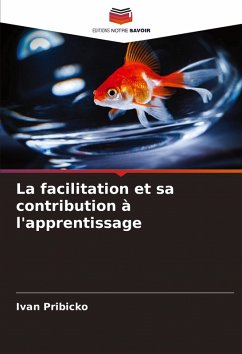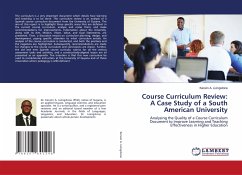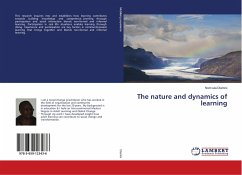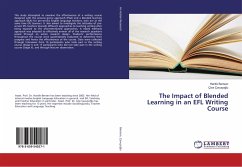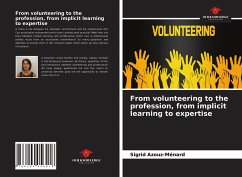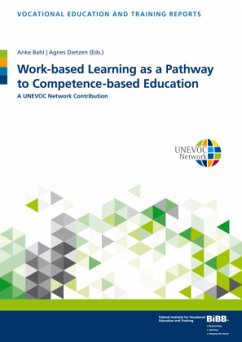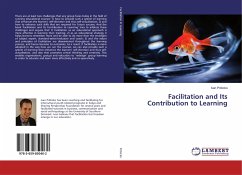
Facilitation and Its Contribution to Learning
Versandkostenfrei!
Versandfertig in 6-10 Tagen
36,99 €
inkl. MwSt.

PAYBACK Punkte
18 °P sammeln!
There are at least two challenges that any group faces today in the field of running educational courses: 1) how to provide such a system of learning that enhances the learners' self-direction and thus self-actualisation; 2) and how to enhance such skills that are required for future success; And the book 'Facilitation and Its Contribution to Learning' tries to address these challenges and argues that 1) facilitation as an educational approach is more effective in learning than training; 2) as an educational strategy it helps learners remember more and be able to do more than the strategies of...
There are at least two challenges that any group faces today in the field of running educational courses: 1) how to provide such a system of learning that enhances the learners' self-direction and thus self-actualisation; 2) and how to enhance such skills that are required for future success; And the book 'Facilitation and Its Contribution to Learning' tries to address these challenges and argues that 1) facilitation as an educational approach is more effective in learning than training; 2) as an educational strategy it helps learners remember more and be able to do more than the strategies of subject expert, standard-setter/evaluator and coach; 3) and the values and principles of facilitation are disseminated throughout the learning process, and hence become its outcomes; As a result, if facilitation is more adopted in the way how we run the courses, we can also provide such a system of learning that enhances the learners' self-direction and thus self-actualisation, and also that promotes critical thinking and creativity. This enables organisations, groups and educators to 'redesign' group learning in order to educate and learn more effectively and co-operatively.




